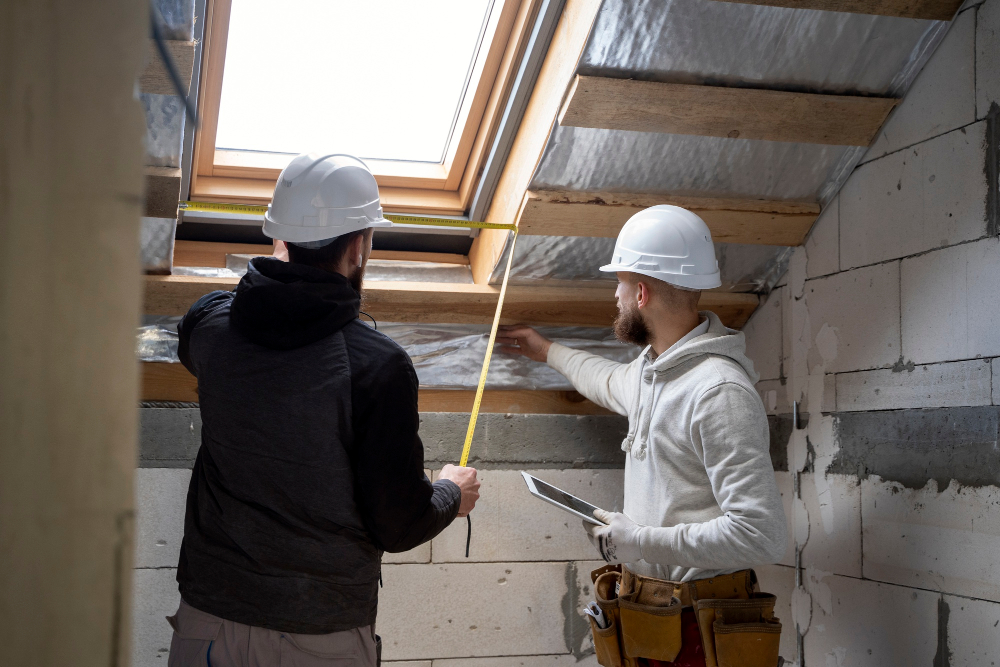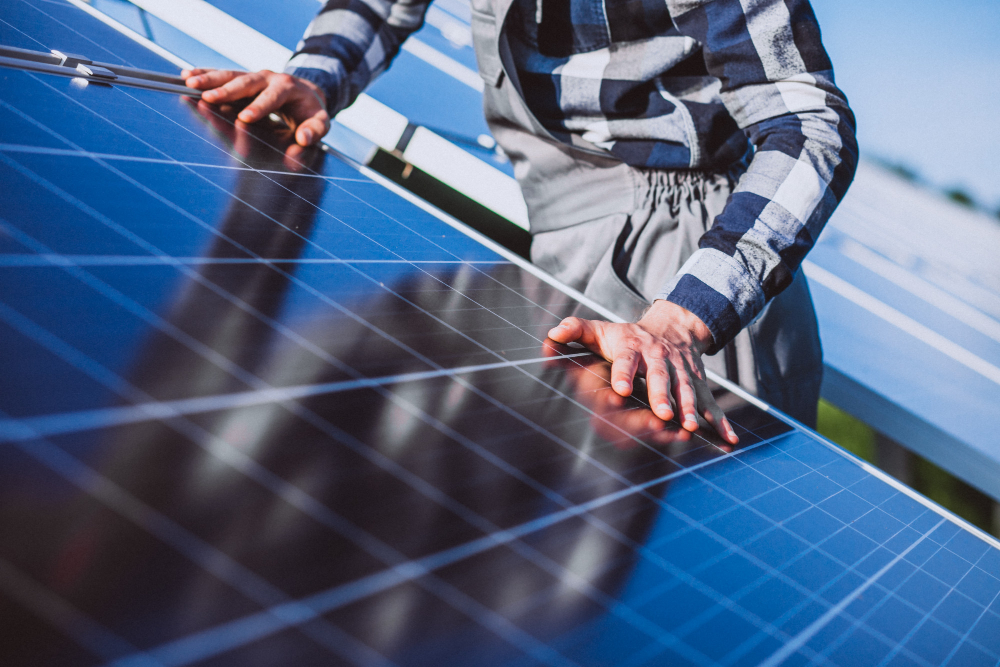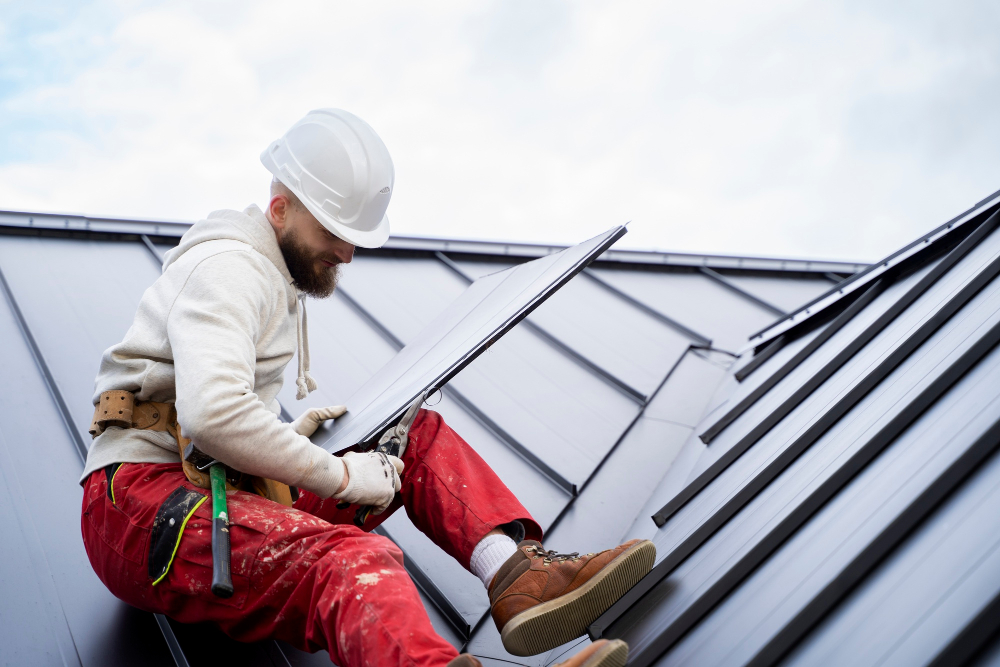In the dynamic construction world, innovation has become the cornerstone of progress. Amidst the numerous advancements that have shaped the industry, insulated roof panels are a transformative solution. As construction practices evolve to meet the demands of sustainability, efficiency, and comfort, these panels have risen to prominence. This guide will delve deep into the multifaceted benefits of using insulated roof panels in construction. From optimizing energy consumption to revolutionizing installation processes, these panels fundamentally alter how architects, builders, and homeowners approach building projects.
Insulated roof panels have swiftly emerged as a fundamental component of construction, largely due to the diverse array of benefits they offer:
Elevated Energy Efficiency
The exceptional energy-saving prowess of insulated roof panels is truly remarkable. These panels effectively minimize heat transfer by providing superior thermal insulation, resulting in substantial reductions in energy consumption for both heating and cooling systems. For instance, a study by the National Institute of Standards and Technology (NIST) demonstrated that buildings with insulated roof panels showcased up to 30% lower energy usage than those with traditional roofing materials. This translates to tangible cost savings for building owners and a significant decrease in carbon emissions, aligning perfectly with the global push for sustainable construction practices.
Year-Round Comfort
Traditional roofing materials often struggle to maintain consistent indoor temperatures, leading to discomfort for occupants. Insulated roof panels triumph over this challenge by effectively regulating interior temperatures, ensuring a comfortable environment irrespective of external weather conditions. As an illustrative example, a residential project in a region with extreme temperature variations experienced a dramatic improvement in indoor comfort after installing insulated roof panels. The residents reported reduced reliance on heating and cooling systems, resulting in lower energy bills and a more pleasant living experience throughout the year.
Swift and Effortless Installation
Time efficiency is paramount in construction projects, and insulated roof panels rise to the occasion. Their prefabricated nature expedites the installation process, minimizing the need for on-site adjustments. An enlightening comparison conducted by a construction firm revealed that installing insulated roof panels was completed 30% faster than traditional roofing methods. This saves valuable time and reduces labor costs, making it an economically sound choice for both small-scale projects and large commercial endeavors.
Enhanced Structural Integrity
Beyond their insulation capabilities, insulated roof panels significantly contribute to the overall structural integrity of a building. The innovative sandwich-like construction, featuring a core material enveloped by two layers, offers remarkable load-bearing capabilities and structural stability. To exemplify this advantage, a commercial warehouse construction project incorporated insulated roof panels, resulting in a roof that could withstand heavier loads, making it suitable for storing bulky materials and machinery. This highlights the panels’ dual role in providing insulation and structural reinforcement.
Effective Noise Reduction
In bustling urban environments or regions plagued by noise pollution, insulated roof panels offer a haven of tranquility. Acting as a shield against external noise, they create a serene indoor environment conducive to concentration and relaxation. A residential complex near a busy highway experienced a noticeable reduction in noise levels after adopting insulated roof panels. The residents reported improved quality of life, with reduced disturbance from external noise sources.
Efficient Moisture Management
Maintaining a moisture-free environment is paramount in safeguarding a building’s durability and health. Insulated roof panels are vital in this aspect, equipped with tight interlocking joints that minimize the risk of water infiltration. In a case study conducted on a commercial building in a high-humidity coastal area, insulated roof panels prevented moisture-related issues such as mold growth and structural decay. This underscores their effectiveness in ensuring long-term building integrity.

Advantages of Using Insulated Roof Panels in Construction for Sustainability
- Reduced Carbon Footprint: Insulated roof panels are crucial in reducing a building’s carbon footprint in an era focused on sustainability. By curbing energy consumption, they indirectly contribute to lower greenhouse gas emissions.
- Optimized Material Utilization: Conventional roofing systems often involve layers upon layers of materials. Insulated roof panels ingeniously integrate insulation and roofing into a single, efficient unit, minimizing material wastage and resource consumption.
- Long-Term Cost Efficiency: While the initial investment in insulated roof panels might be slightly higher, the long-term cost savings are substantial. Reduced energy bills, decreased maintenance, and an extended roof lifespan collectively make them a prudent financial choice.
Advantages of Using Insulated Roof Panels in Construction: Design Flexibility
- Architectural Versatility: Insulated roof panels offer diverse designs and finishes, allowing architects to craft a wide range of aesthetic appearances without compromising performance.
- Maximized Space Utilization: The sleek profile of insulated roof panels optimizes interior space utilization. This proves particularly advantageous in projects where every square inch counts, such as urban residential buildings.
- Seamless Integration: Whether a new construction or a retrofitting project, insulated roof panels seamlessly integrate into various architectural styles and designs.
Advantages of Using Insulated Roof Panels in Construction for Safety
- Fire Resistance: Safety is paramount in construction, and insulated roof panels offer inherent fire-resistant properties. The core materials used are often non-combustible, adding an extra layer of safety to the built environment.
- Enhanced Seismic Performance: A building’s structural integrity is paramount in earthquake-prone regions. Insulated roof panels enhance seismic performance by providing added strength and flexibility.
Potential Challenges of Using Insulated Roof Panels
While the advantages of using insulated roof panels in construction are compelling, it’s important to take a well-rounded view that includes potential challenges and limitations, particularly when making crucial roofing decisions. Awareness of these factors will help builders, architects, and homeowners make informed decisions and ensure the successful implementation of insulated roof panels in their projects.
Initial Investment Cost
Insulated roof panels offer substantial long-term cost savings, but the upfront investment can be higher than traditional roofing materials. This may be a consideration for budget-conscious projects. However, it’s essential to consider the return on investment (ROI) over the lifespan of the building, as reduced energy bills and maintenance expenses can offset the initial costs.
Customization Limitations
While insulated roof panels offer design flexibility, there might be limitations regarding highly customized architectural designs. Some intricate or unique designs may be challenging using prefabricated panels, requiring additional design and fabrication efforts.
Retrofitting Challenges
Retrofitting existing structures with insulated roof panels can be more complex than integrating them into new builds. Adapting panels to fit existing structures might necessitate modifications that could impact the overall effectiveness of the insulation and installation efficiency.
Moisture Management
While insulated roof panels are designed to manage moisture effectively, ensuring proper installation and sealing is crucial. Inadequate sealing at joints and connections can lead to water infiltration, potentially causing mold growth and rot over time.
Weight Considerations
Insulated roof panels may be heavier than some traditional roofing materials. This added weight might require structural adjustments, especially in older buildings not originally designed to accommodate the load of insulated panels.
Maintenance and Repairs
While insulated roof panels generally require minimal maintenance, any damage to panels or their seals can lead to compromised insulation and potential energy loss. Addressing repairs promptly is essential to ensure the continued effectiveness of the panels.

Compatibility with Solar Installations
Compatibility between the insulated roof panels and solar panel mounts for projects considering solar panel installations must be carefully assessed. Proper integration is necessary to ensure that solar installations do not compromise the insulation or structural integrity of the roof.
In conclusion, in the ever-evolving domain of construction, an innovation that harmonizes with sustainability, efficiency, and comfort takes center stage. The compelling advantages of insulated roof panels in construction underscore their transformative potential. These panels exemplify progress from optimizing energy consumption and enhancing indoor comfort to fortifying structural integrity and contributing to a greener planet. As architects, builders, and homeowners continue to seek solutions that seamlessly blend modern living with environmental responsibility, insulated roof panels stand as a testament to the power of innovation in reshaping our built environment.

